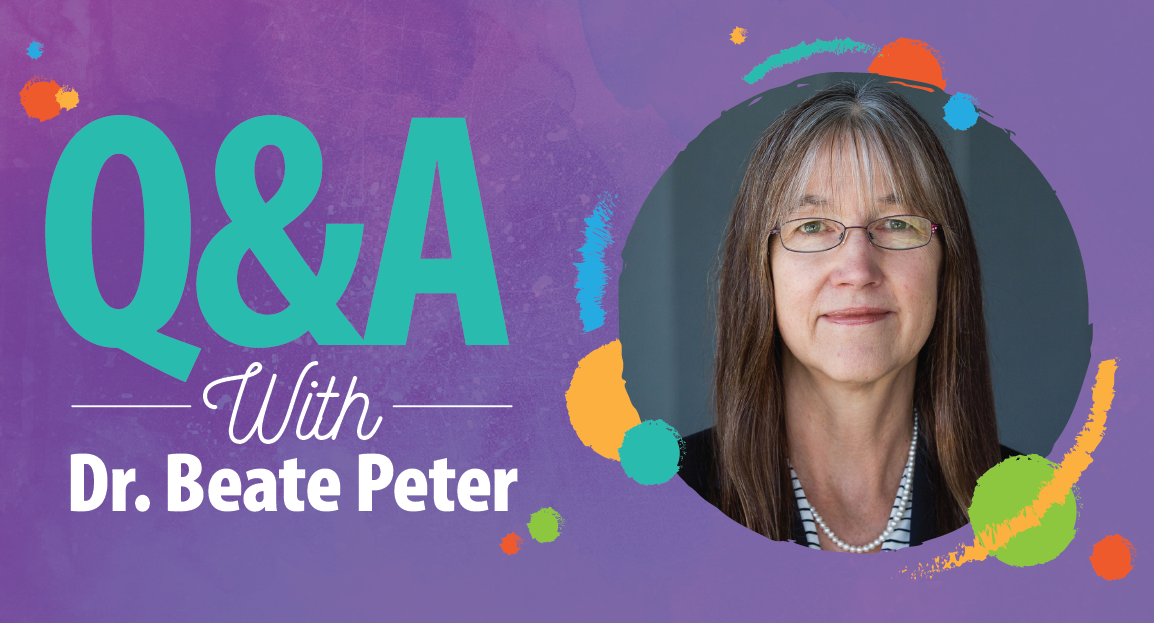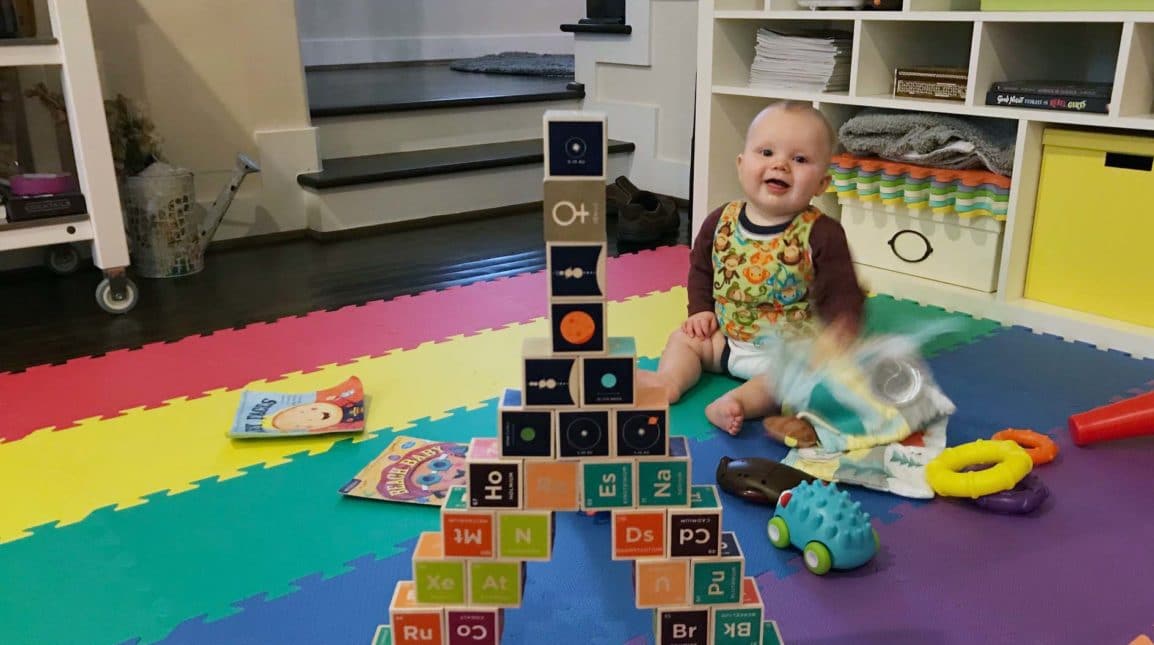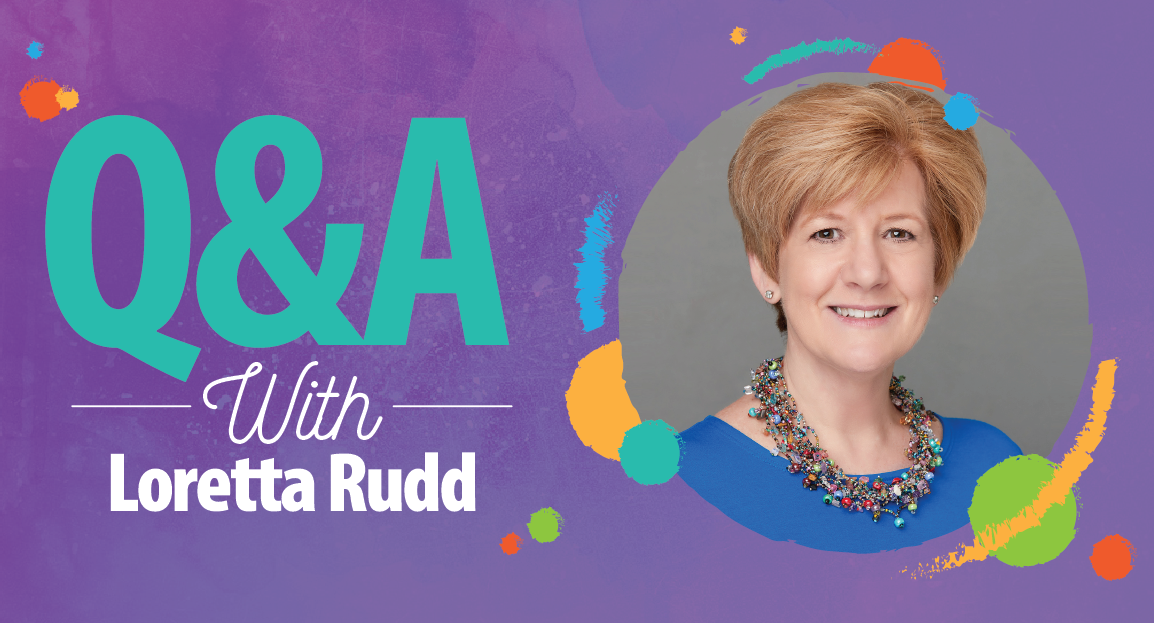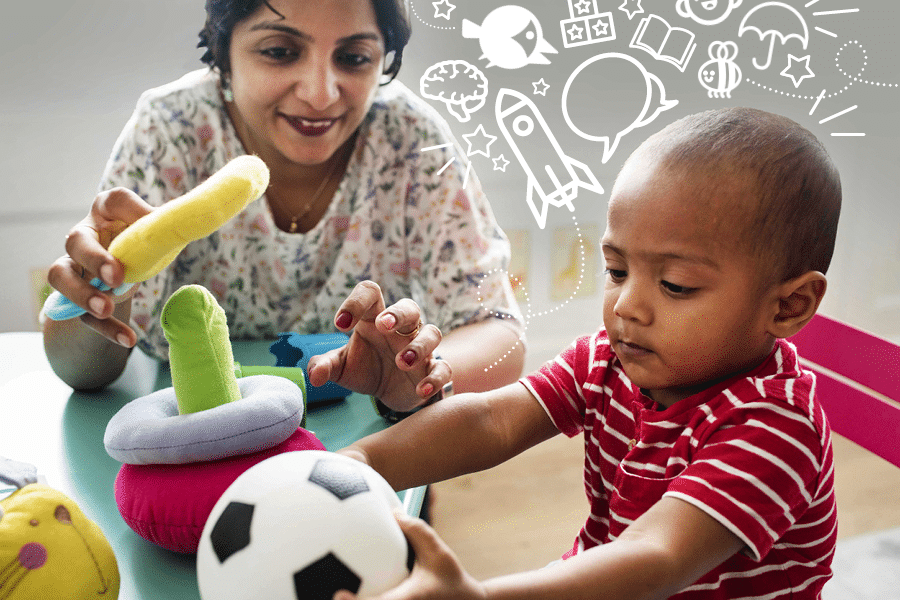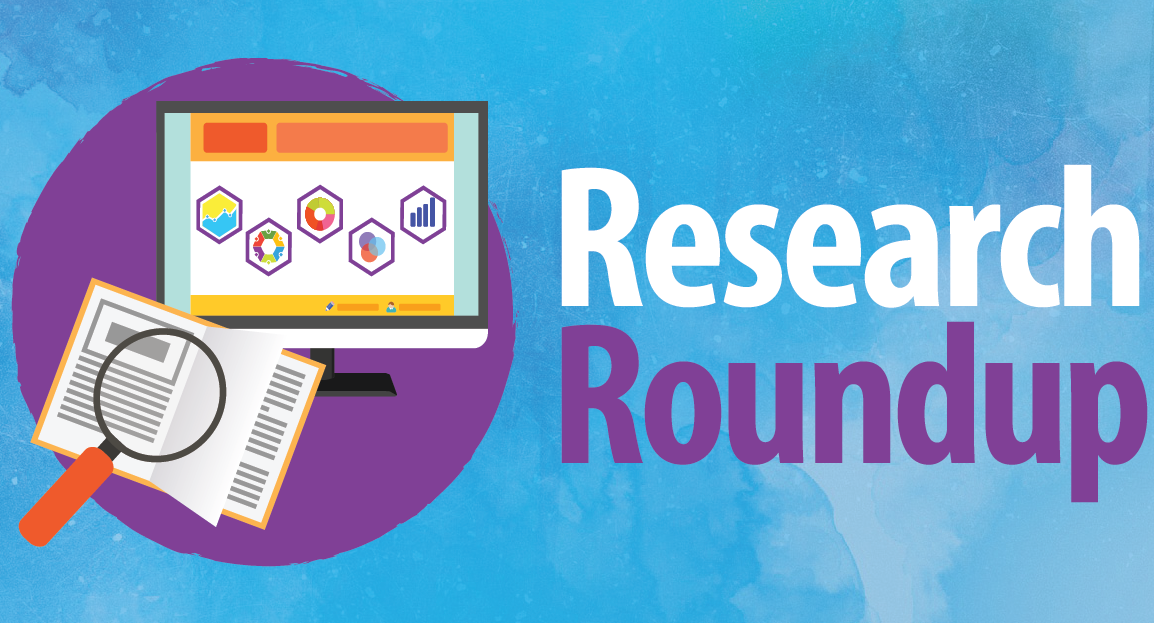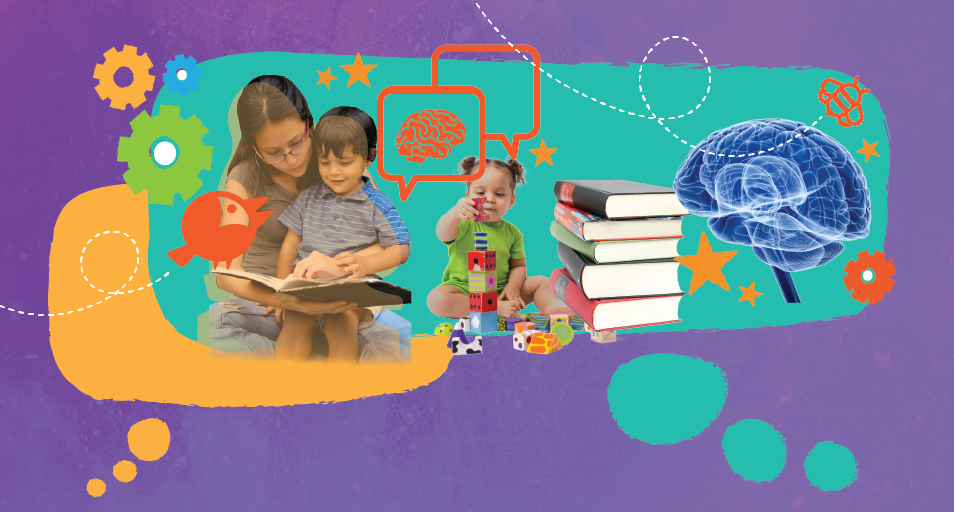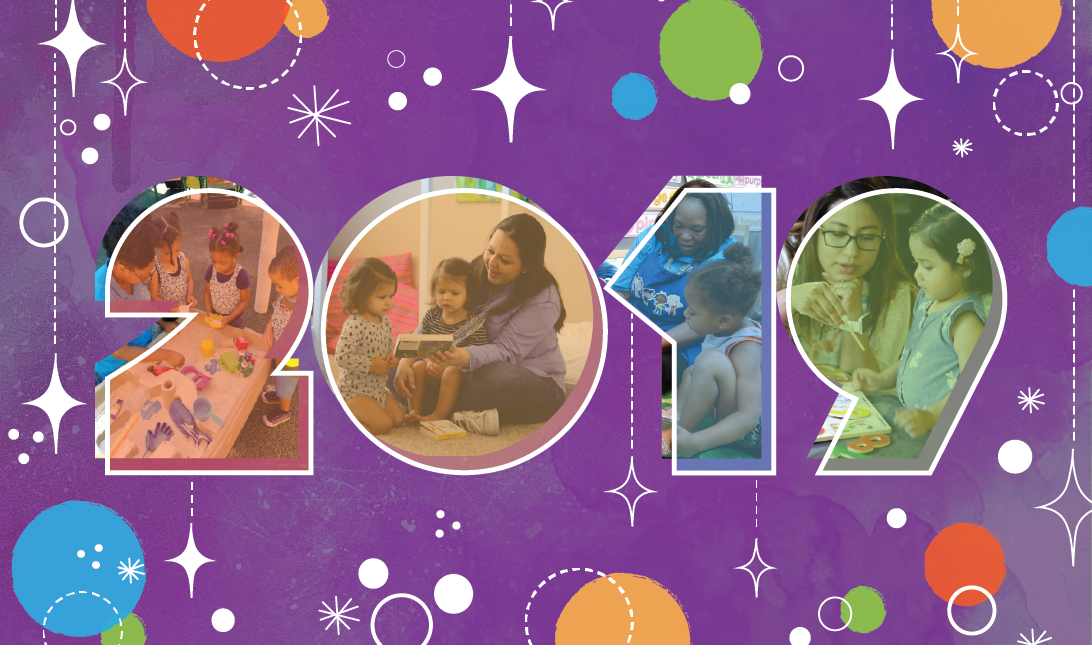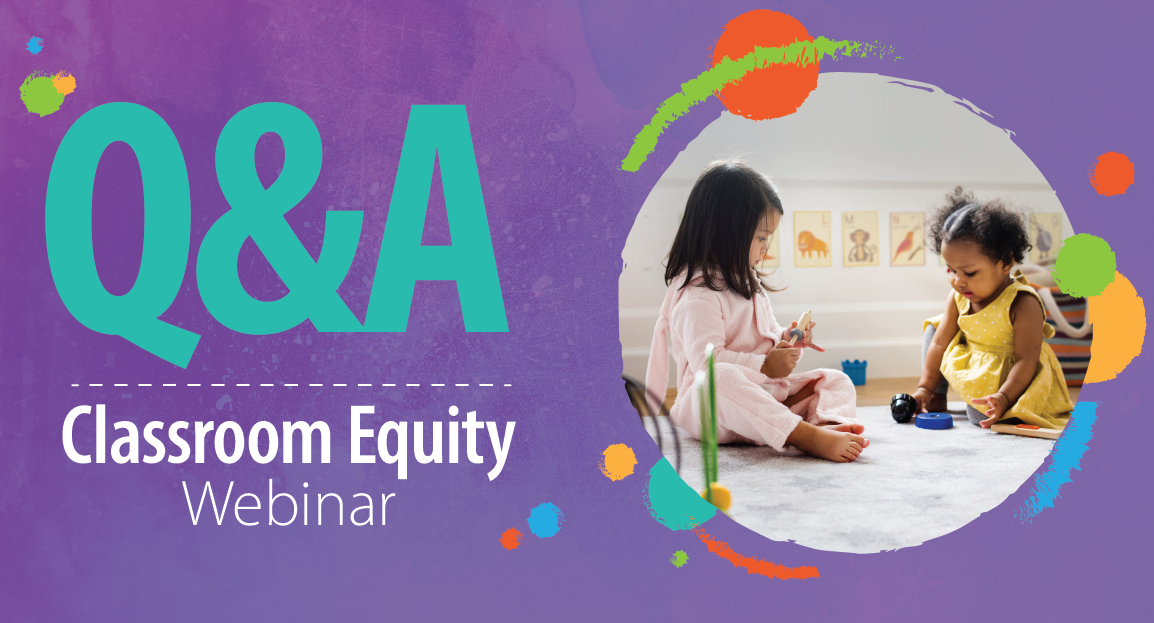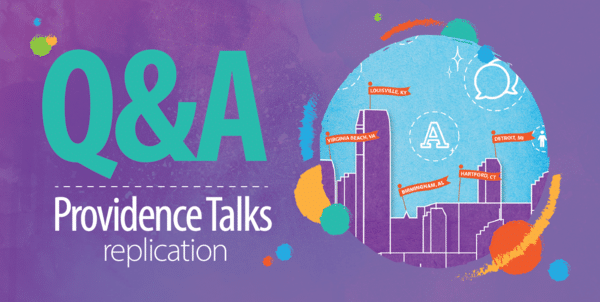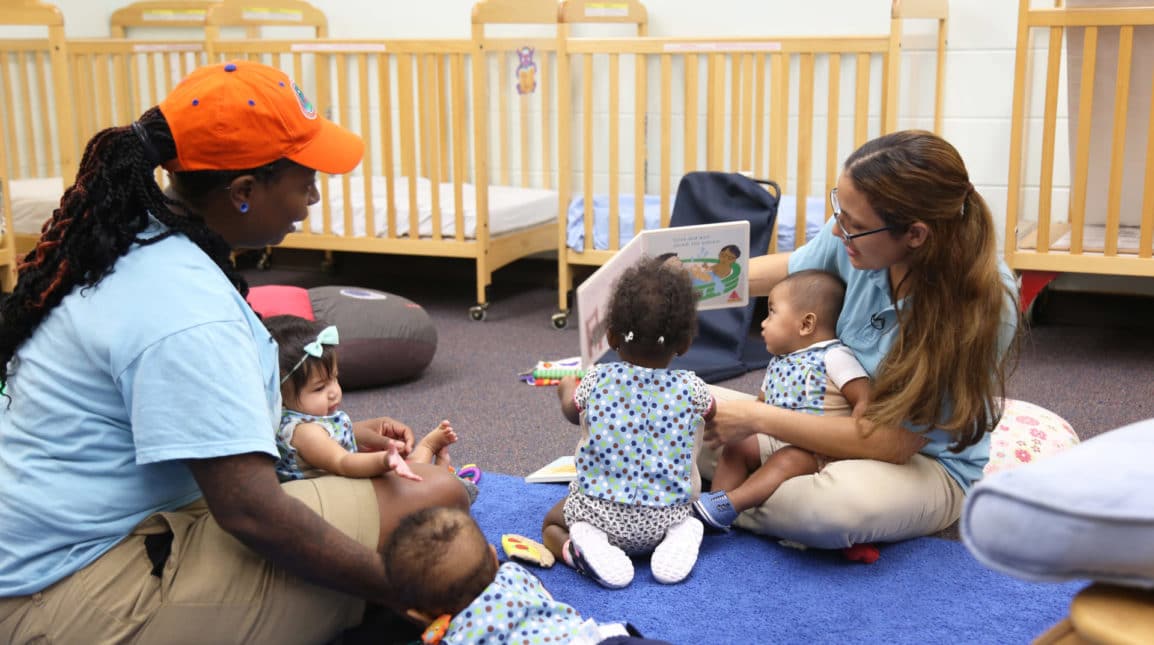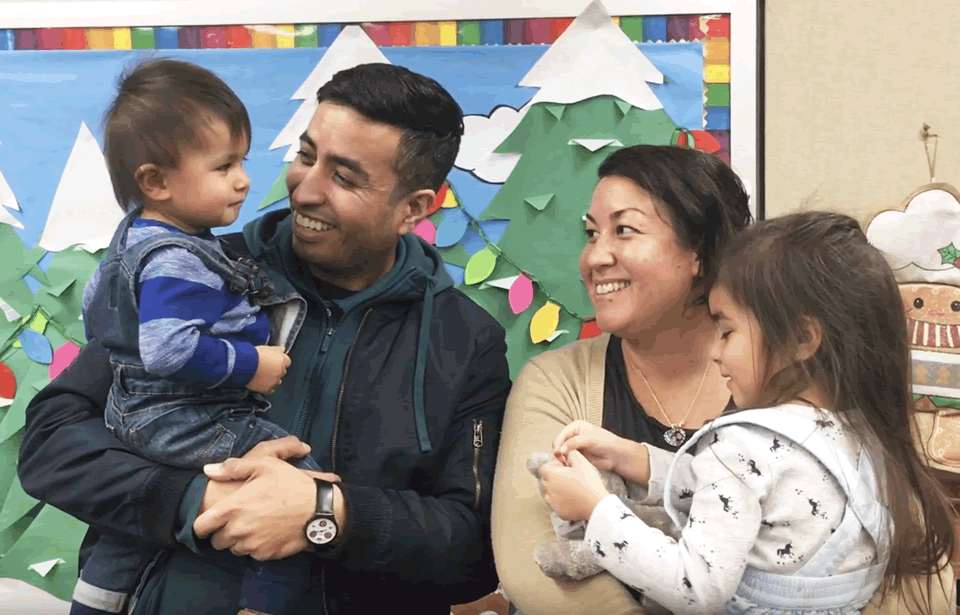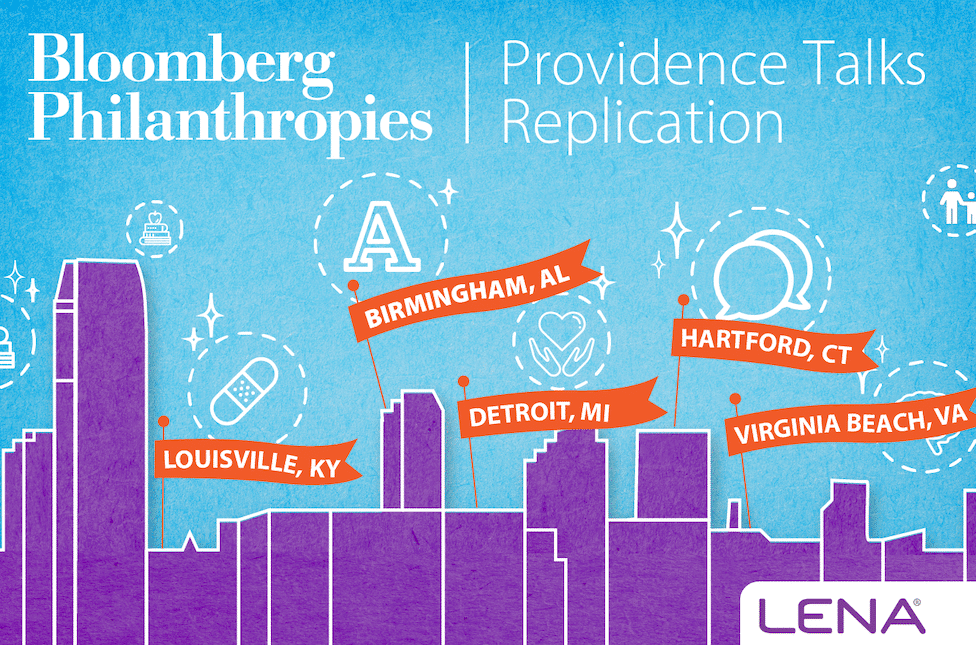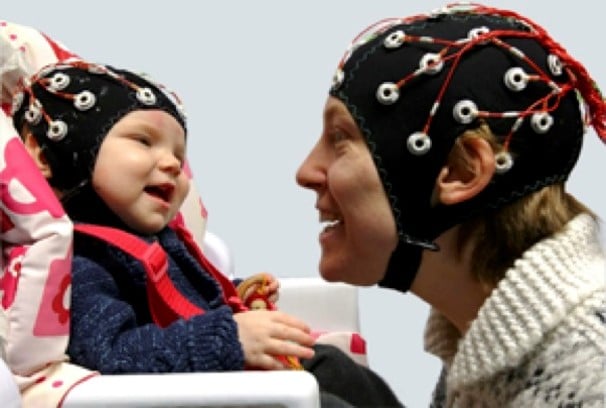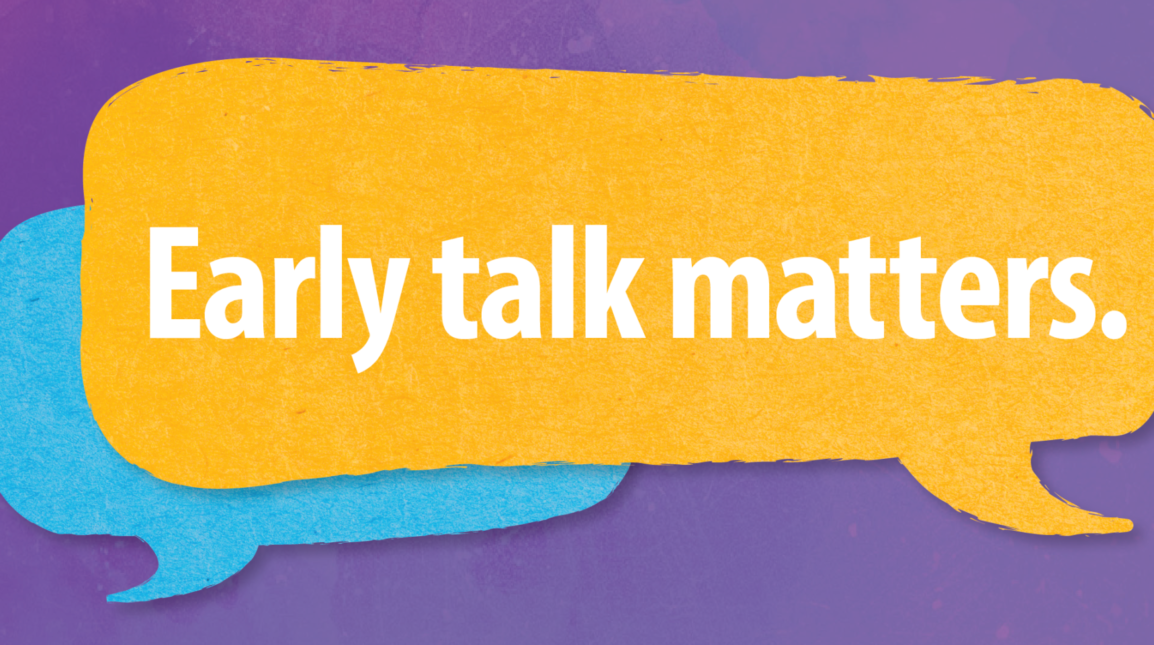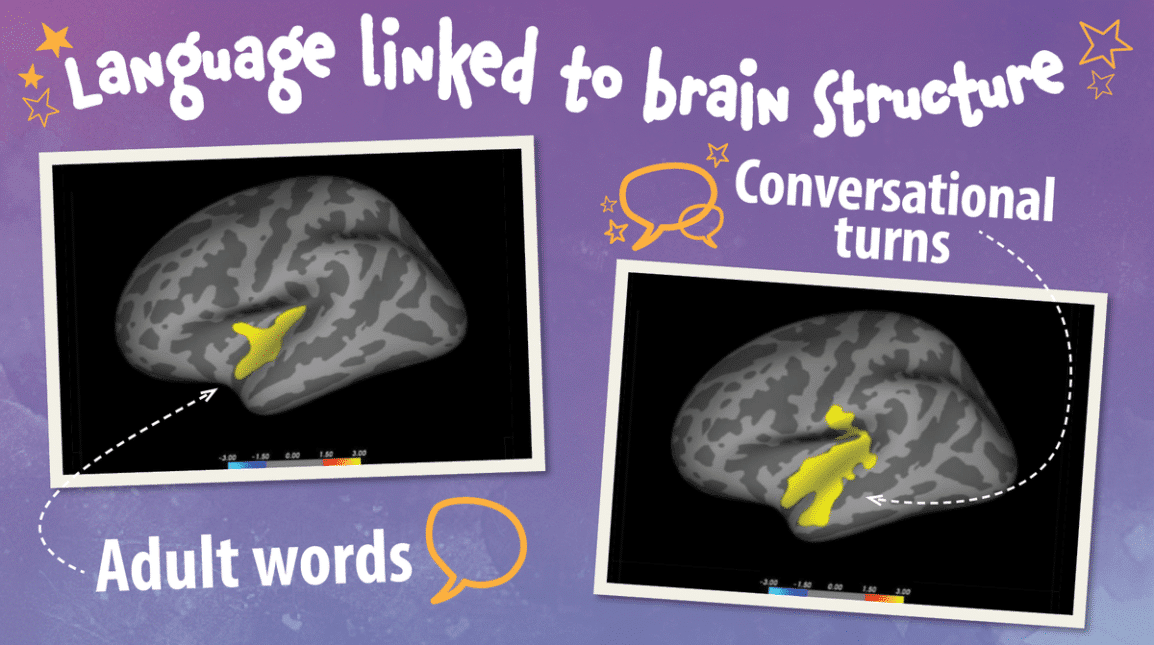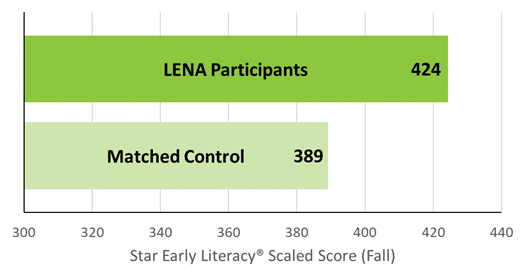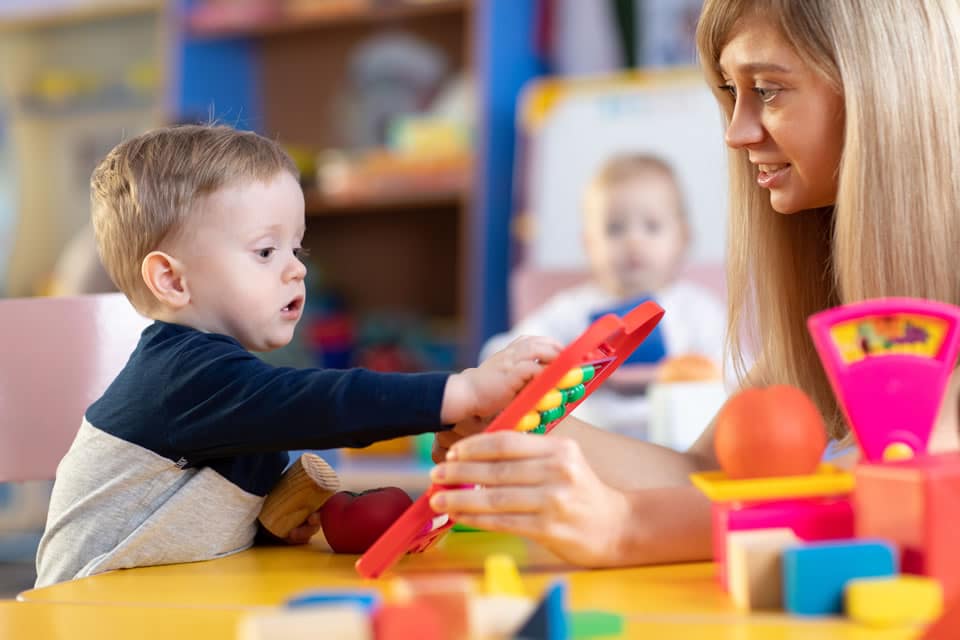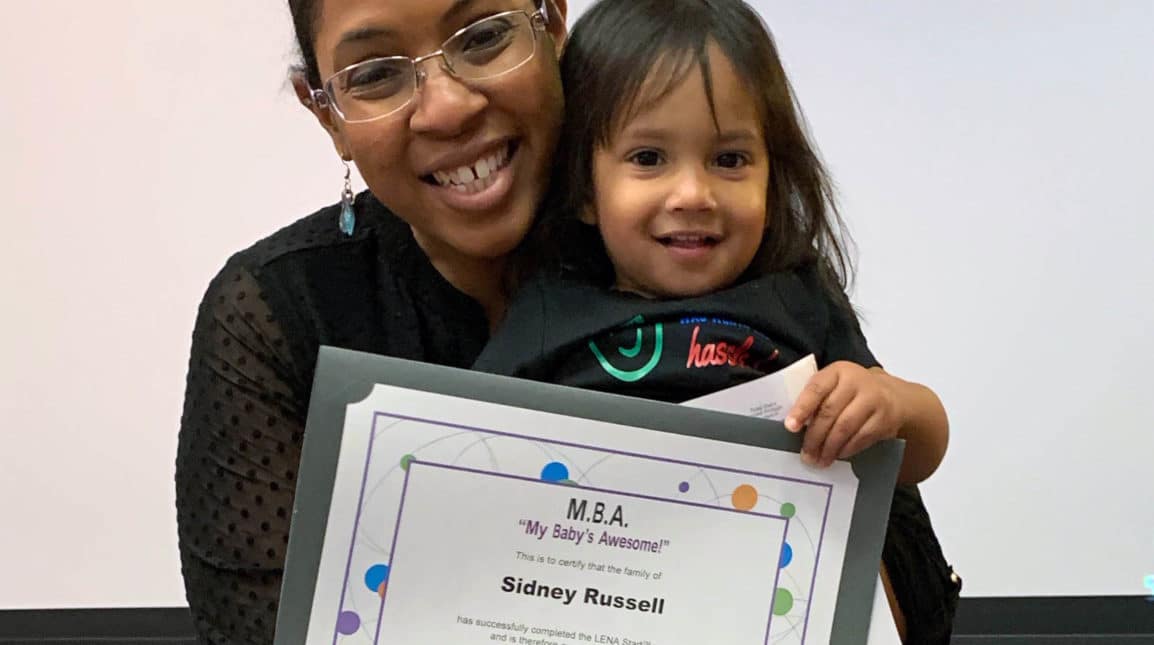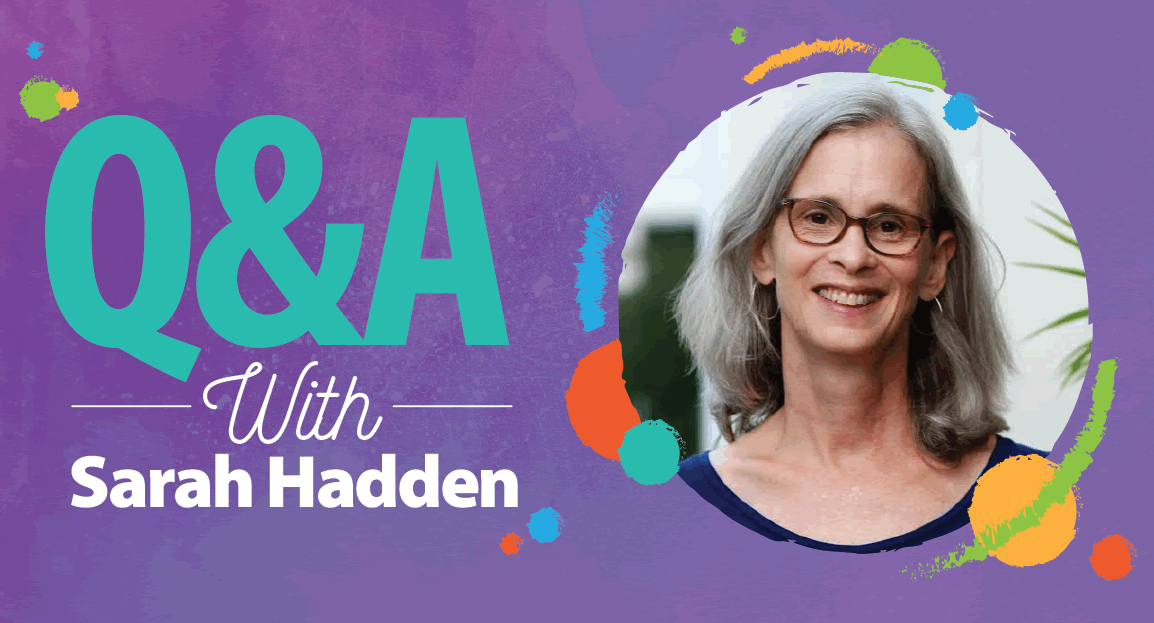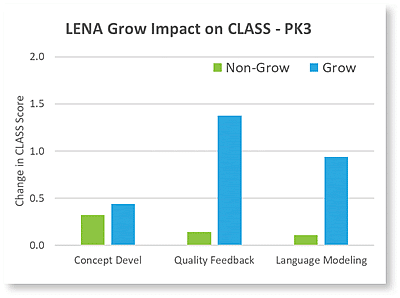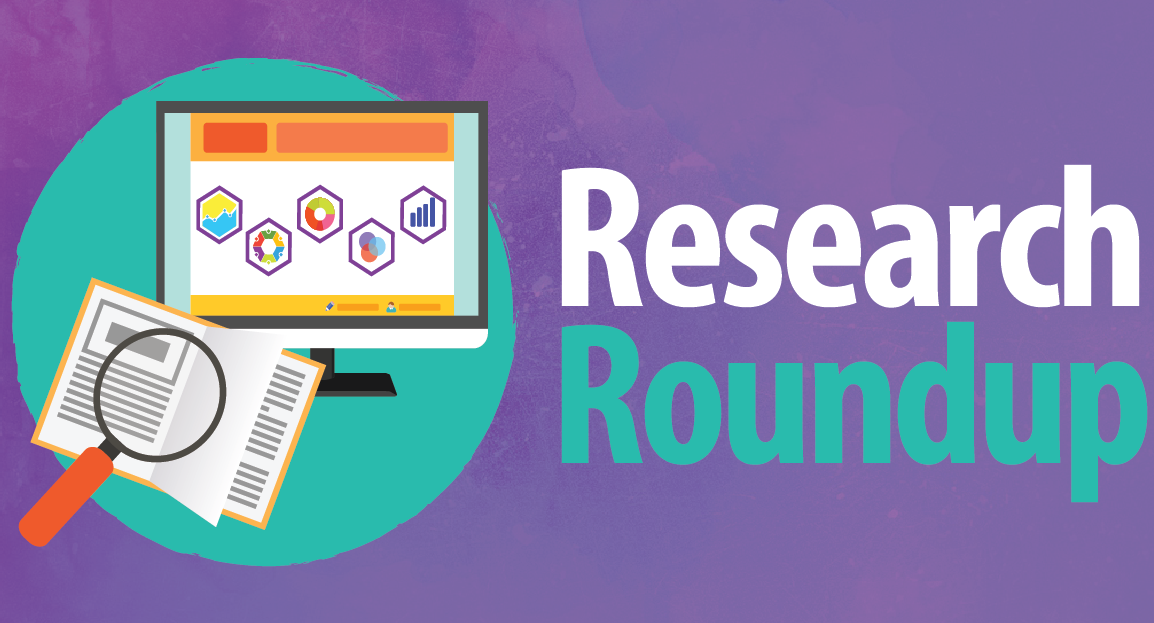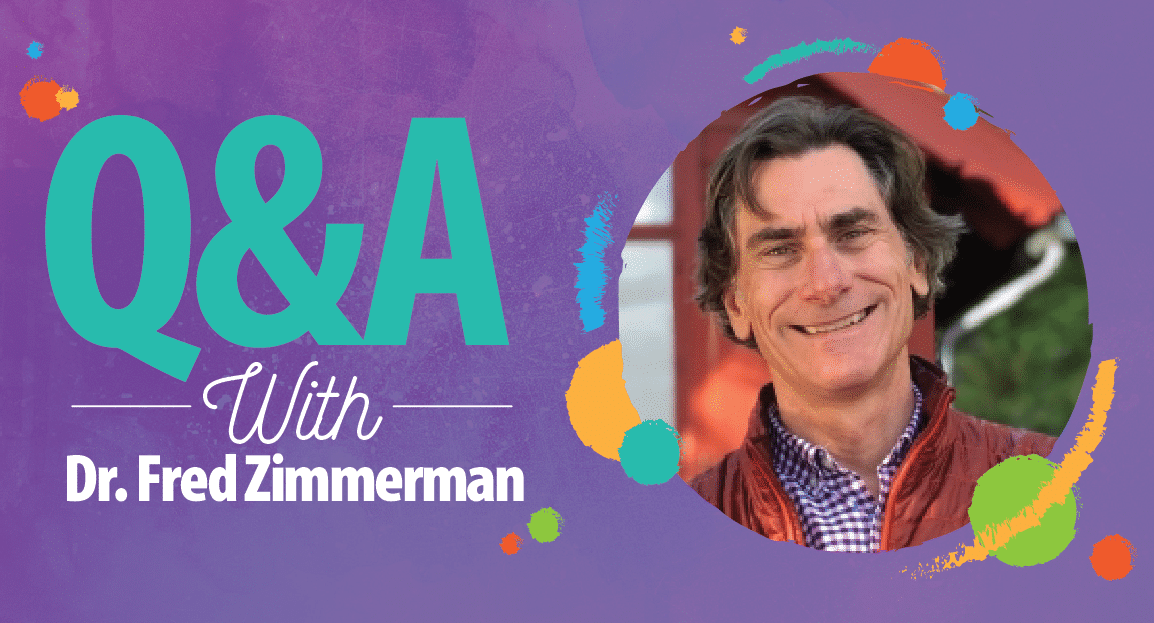A new clinical trial will use LENA SP to evaluate the effectiveness of a speech-language intervention for infants with a known genetic risk factor for speech and language delays.
Two moms establish new parenting habits through LENA Start classes
Best friends Kathryn Royse and Samantha Stover enrolled in LENA Start classes in Houston together and began looking for ways to increase conversation at home.
Q&A with Dr. Loretta Rudd: How University of Memphis is broadening their collective impact approach to scale early childhood programming
Through a collective impact model, the University of Memphis is implementing LENA programs to build stronger families, increase teachers’ skills, and support students’ learning in their local community.
Study finds that families who participate in LENA Start increased adult words, conversational turns, and child vocalizations
Families who participated in LENA Start provided increasingly rich home language environments for their children, expanding how much they talked to and with them over the duration of the three-month class, compared to families who did not attend, a new study has found.
Research Roundup: Learning during the first few years of life
Three new studies provide insight into how children learn during the first months and years of life.
Q&A with Kai-ama Hamer: A discussion of family engagement and parent recruitment
Family engagement specialist Kai-ama Hamer shares strategies for involving parents in community and school-based programs.
Understanding how to support early brain development: Four themes that emerged in 2019
This year, we explored many different aspects of early brain development through special webinars, blog posts, and conversations with experts. Here, we’ve highlighted four themes that emerged during 2019.
Making a difference: We reached our goal to impact 10,000 children in 2019!
Because of our work, more than 10,000 children experienced 14 million brain-building conversational turns this year.
Equitable and inclusive classroom experiences: Your questions answered!
We’re answering questions submitted during our webinar about how to create equitable and inclusive classroom experiences for children with Dr. Iheoma Iruka of HighScope, Ellen Roche of Trust for Learning, and Lauren Cooper from LENA.
Providence Talks replication: Your questions answered!
We’re answering questions submitted during last week’s webinar about early childhood innovation at the municipal level.
Early Head Start programs use LENA Home to improve language and literacy outcomes
To help families and home visitors collaborate to improve language outcomes for children, many Early Head Start programs are using LENA technology in tandem with coaching during home visits.
Teachers and coaches share their experiences with LENA Grow
We’ve interviewed LENA Grow participants nationwide for an inside look at what it’s like to complete the professional development program for early childhood teachers.
Virginia Beach family increases two-generation, bilingual engagement with children through LENA Start
Taking LENA Start classes helped the Ochoa family learn to connect with their children in new ways.
Five cities will replicate Providence Talks, offering LENA programs for parents and teachers citywide
Five cities have been selected to replicate Providence Talks — one of the first early language initiatives implemented at the municipal level — with support from Bloomberg Philanthropies.
Infant and parent brainwaves synchronize during playtime
Parents’ brainwaves track and respond to changes in their infant’s brain activity when they play together.
Let’s NOT stop talking about talk.
At LENA, we believe that adult caregivers have the power to make a difference in a child’s life. Helping parents – and early childhood teachers – use that power to boost vocabulary and literacy is a good thing.
New research strengthens link between adult-child conversation and brain structure, reading skills
A new study exploring associations between family socioeconomic background, children’s brain structure, and children’s reading skills indicates that children who experience more conversational turns may have increased brain growth, and in turn, better reading skills.
Initial longitudinal evaluation results: Huntsville children whose parents participated in LENA Start have stronger literacy skills two years later
Promising new data show that children whose families participated in LENA Start, a parent-group program focused on increasing early talk, demonstrated considerably higher early literacy scores and were far more likely to be at an advanced literacy level entering pre-K.
Sequatchie Valley Head Start uses LENA Grow to meet performance standards for professional development
Sequatchie Valley Head Start uses LENA Grow to meet federal coaching requirements and work with teachers geographically separated over five counties.
Georgia Department of Public Health uses community partnerships and Project LAUNCH funding to scale parent programming county-wide
The team at the West Central Health District drew on a range of existing community partners to find space to run classes, recruit parents, and scale impact.
Infant and toddler CLASS assessment: Your questions answered!
Teachstone’s senior research advisor discusses the state of early childhood classrooms, challenges and opportunities for growth, and answers common questions about CLASS.
Early learning classrooms in Fort Worth ISD using LENA Grow increase CLASS® scores
Classrooms that used LENA Grow, an experiential professional development program for early childhood teachers, increased scores in key CLASS domains compared to classrooms that did not use the program, a pre-post evaluation shows.
Research Roundup: How researchers are using LENA technology to understand child development
Learn how different scientists are using LENA technology to better understand how children learn and develop and in what type of environment they thrive.
Q&A with Dr. Fred Zimmerman
Dr. Zimmerman explains his latest research into how environments and external factors affect population health and child development.



